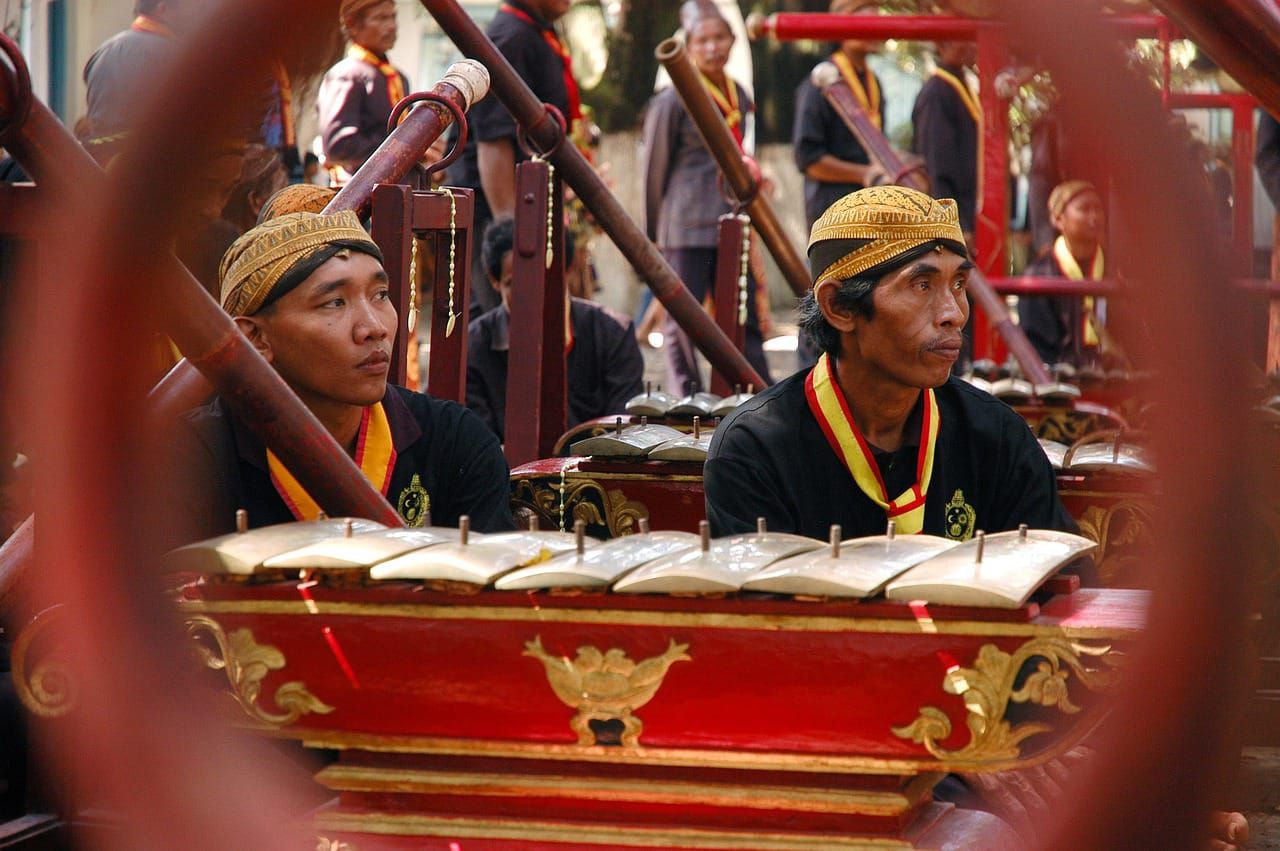Getting to Know the Mandarin Culture
Studying Mandarin opens a gateway to profound engagement with Chinese history, philosophy, literature, and social values.
16-07-2025Festivals are a reflection of the history, beliefs, and values of a community. They provide insights into cultural norms, rituals, and social practices.
One of the most effective ways to enhance language acquisition and deepen cultural understanding is by actively participating in traditional festivals and customs. These events offer language learners a unique opportunity to practice their skills, gain context for new words and phrases, and engage with native speakers in real and celebratory environments.
Learning a new language in a formal setting can sometimes be boring and disengaging, and this can make one lose interest in further learning the language. As much as children love to learn with fun, adults also find it engaging and interesting to learn in dynamic ways. Participating in traditional festivals and traditions is an excellent way to do just that. Not only will you gain a deeper understanding of the culture, but you'll also have the opportunity to practice your language skills in a real-life setting.
In this article, we’ll explore the role of traditional festivals in language learning and ways to participate effectively.
Festivals are a reflection of the history, beliefs, and values of a community. They provide insights into cultural norms, rituals, and social practices. As language learners, exposure to expressions, slang, and dialects that are not often encountered in textbooks or classroom settings requires you to participate in the traditional festivals of your target language.
These occasions also present the opportunity to engage with the language in its most vibrant and spontaneous form. For instance, during a festival, one might hear colloquial expressions, idiomatic phrases, or regional accents that are peculiar to the way the language is spoken in that particular community. This helps learners understand the dynamics of language use, including tone, inflection, and body language. All of these are crucial components of communication but are often overlooked in formal language studies.
There are countless traditional festivals and traditions to participate in, depending on the culture and language you're interested in. Here are a few examples:
Participating in traditional festivals and traditions is a great way to immerse yourself in the culture and improve your language skills. By researching the festival or tradition, learning key phrases and vocabulary, finding a language partner or guide, and being respectful and open-minded, you can get the most out of the experience and take your language skills to the next level.
So why not start exploring traditional festivals and traditions today and see where they take you?
Spread the Knowledge! 🚀
Found this article useful? Click the Share button below and let others benefit too!

Studying Mandarin opens a gateway to profound engagement with Chinese history, philosophy, literature, and social values.
16-07-2025
Every time a language disappears, humanity loses a thread in its rich tapestry.
25-07-2025
Preserving the mother tongue ensures the maintenance of cultural diversity and linguistic heritage, connecting children to their roots.
07-03-2025